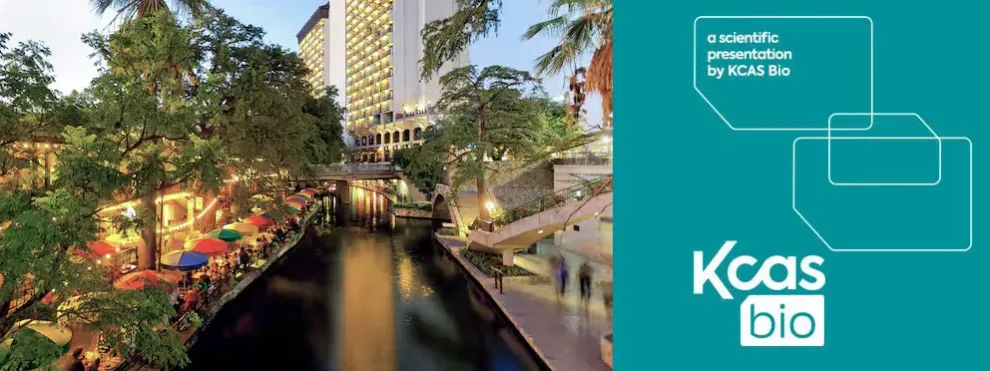Those of you attending the 18th annual WRIB meeting in San Antonio, TX are invited to attend a poster presentation being given by members of the KCAS Bio team: Jack Rogers, Jessie Allen, Yoka Thomas, and Cheikh Kane.
This project developed and characterized a novel algorithm for automated ISR selection building off both the 2022 ICH M10 guidance and a meta-analysis of ISR selections from previously performed bioanalytical studies.
Poster Introduction:
Recommendations for incurred sample reanalysis (ISR) were initially formalized at the Third AAPS/FDA Bioanalytical Workshop in 2006 to address concerns and challenges related to reproducibility of results for quantitative bioanalytical methods. These recommendations have evolved over nearly two decades, culminating most recently in the ICH M10 guidelines published in 2022. The M10 guidelines provide recommendation for the high-level strategy in selecting and performing ISR batches, whereas the clarity on which method to use for the ISR selection is left to the bioanalytical laboratory decision. Specifically, the ICH makes three overarching recommendations: that ISRs be selected 1) to be “representative” of the whole study, 2) to represent “adequate coverage of the concentration profile,” including around Cmax and in the elimination phase, and 3) “as randomly as possible”.
Considering the current regulatory landscape on ISRs, it is required for the bioanalytical laboratory to formalize this selection process in their internal guiding documents. In light of this and to alleviate a potential bias in the manual selection of ISRs, an algorithm with predetermined criteria for each of these three primary considerations would ensure the quality and consistency of ISR selections, thus increasing the likelihood of the detection of anomalous results. This project analyzed a set of pre-existing ISR selections as a baseline for potential errors or biases, then developed a program to dynamically adjust its selection process to account for the three overarching recommendations listed above, and finally used the program to retroactively re-select ISRs for a number of previously completed studies to recalculate and compare quality metrics.
Who should attend?
If you are conducting a bio study and want to ensure that your selected ISRs are fulfilling the purpose of what incurred sample reanalysis is supposed to do, then you will want to attend this presentation in San Antonio, TX.

